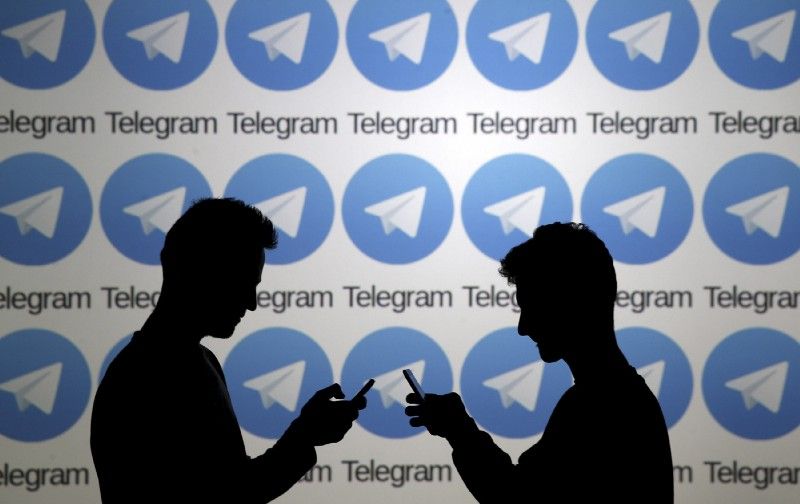A popular messaging app refuses to play ball with authoritarian government’s internet censors. The app gets banned. Simple, right? Not exactly, as my pal @kevinallison, our tech guru, explains.
Look at Russia, where the government has tried to ban and block access to Telegram, a secure messaging service that has refused to share its users’ encryption keys with spy agencies. Since placing the app on a blacklist about a week ago, the government has been playing whack-a-mole with Telegram ever since, as the app deftly hops from one internet address to another, always a step ahead of the authorities.
As of Monday evening, in fact, Telegram was still widely available in Russia, but many other websites ended up knocked offline as collateral damage of the government’s scorched-earth attempt to block it. Meanwhile, Telegram founder Pavel Durov (a Dubai-based Russian national often compared to Mark Zuckerberg) seems to be enjoying it all — he even posted a shirtless photo of himself (and he’s pretty ripped), in an obvious challenge to the often bare-chested Russian President Vladimir Putin.
But beyond the obvious entertainment value, the episode shows that not all authoritarian governments have quite the control over the internet that you might imagine. Although the Kremlin has skillfully used the internet to pursue its aims abroad, it still struggles with the politics of controlling online information flows at home.
Russia lacks anything like China’s Great Firewall which gives Beijing much finer control over apps and websites within China’s borders. In part that’s because unlike in China, where the internet and censorship have gone hand-in-hand since the earliest days of the web’s arrival, Russians are more accustomed to accessing whatever websites they like. Telegram, for example, is the messaging app of choice for many high-ranking government officials and oligarchs.
That means the authorities have to be more careful about how they exercise control. Overreach can either provoke humiliating (shirtless!) defiance from a well-resourced and technologically-savvy firm like Telegram, or it can spark a backlash among users, particularly well-heeled ones, who take a certain amount of internet freedom for granted.
